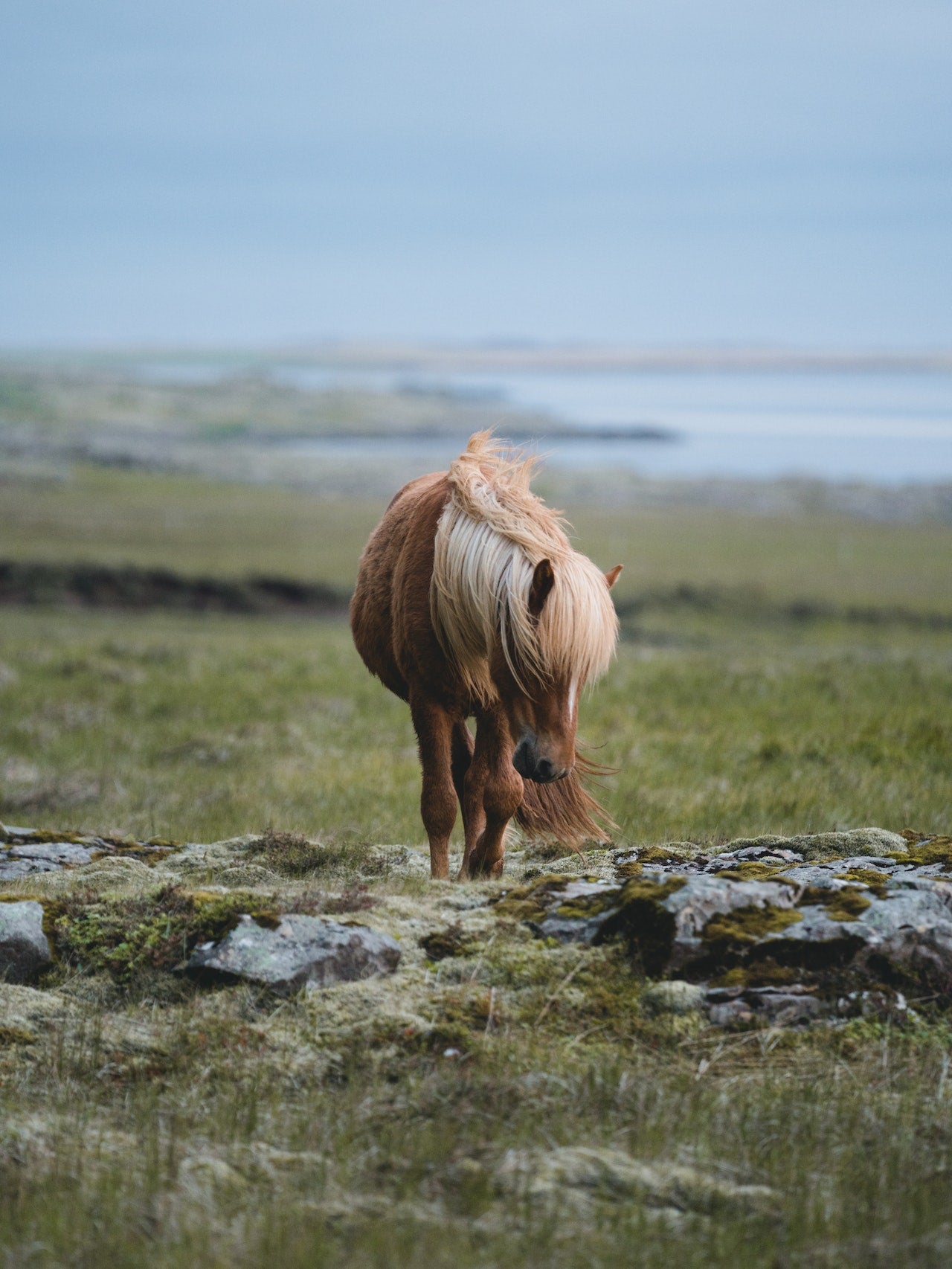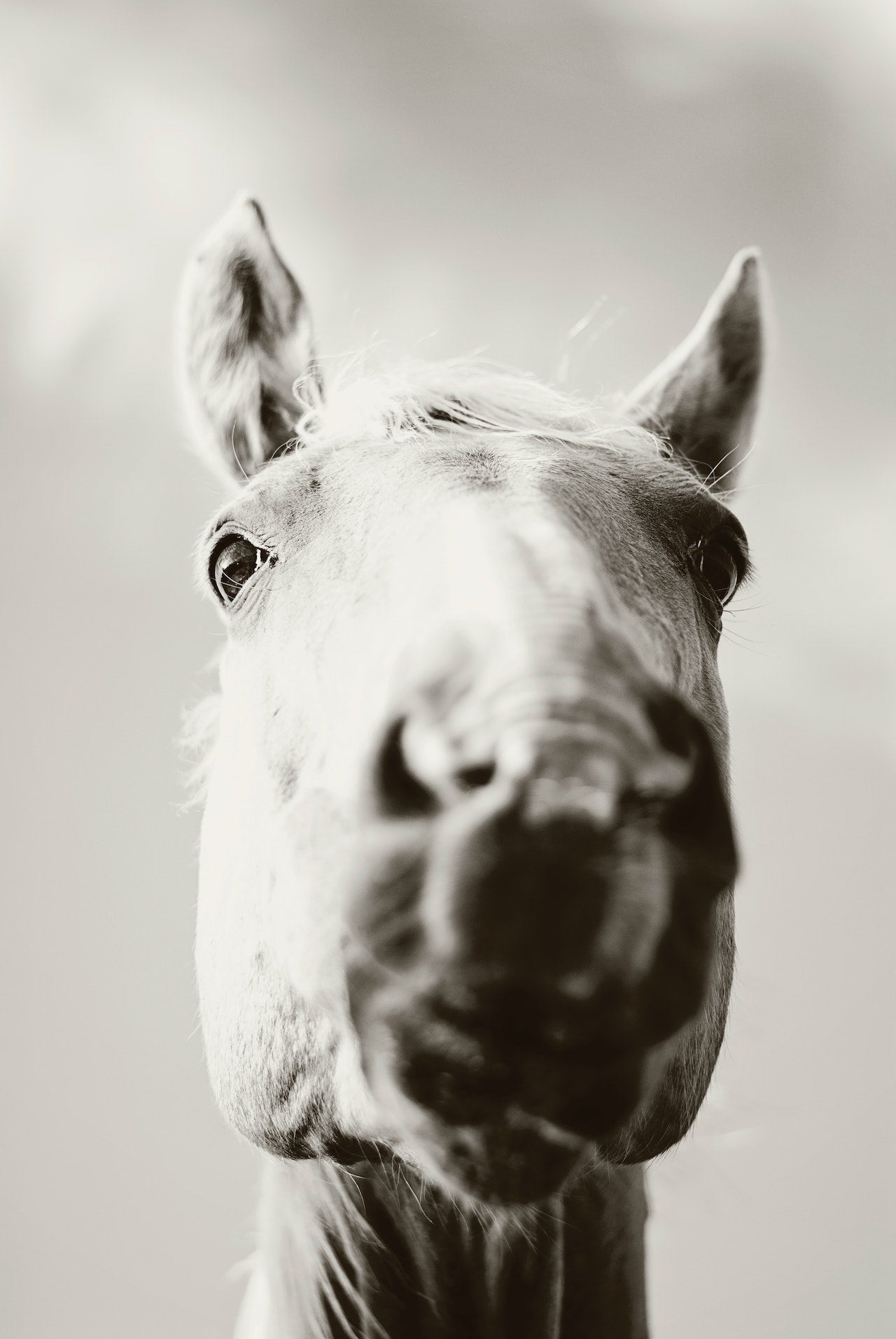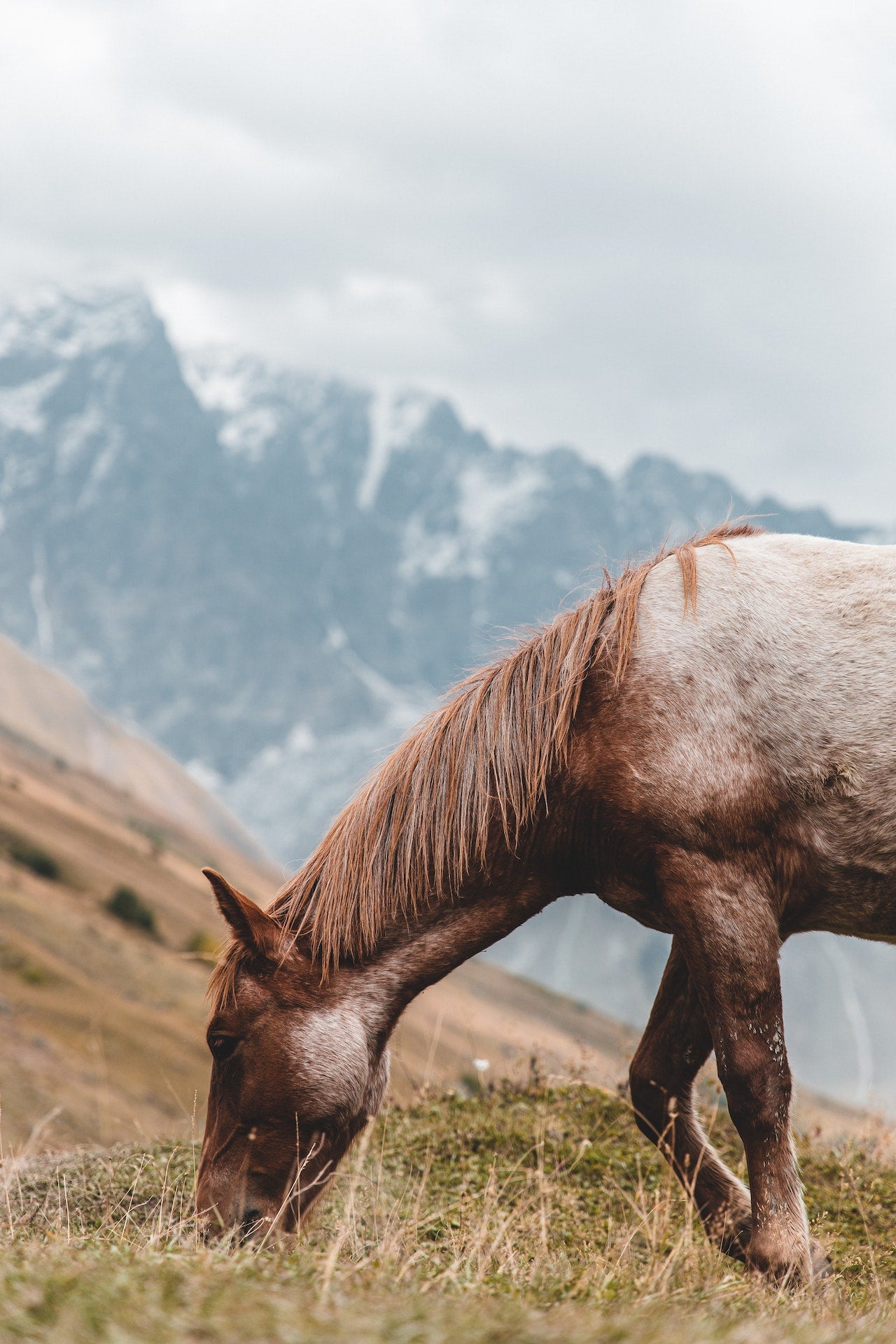
The popularity of kale has increased in recent years due to its plethora of health benefits. Kale is now a common ingredient among many diets, but did you know it is also suitable for horses? Yes, horses can eat kale, and it can provide them with various essential vitamins and minerals. However, there are potential risks associated with feeding kale to horses that need to be considered.
This article will explore the nutritional benefits of feeding kale to horses and the potential risks associated with doing so. It will then discuss the importance of moderation and balance when it comes to horse nutrition, and finally, it will provide an overview of best practices when it comes to feeding kale to horses.
So, if you’re considering adding kale to your horse’s diet, this article will provide you with all the knowledge and information you need to do so safely and responsibly.
Can Horses Eat Kale?
Yes, horses can eat kale. Kale is a great source of vitamins and minerals that are beneficial for a horse's health. It is also high in fibre, which can help horses maintain healthy digestion. However, kale should be given in moderation as it is high in oxalic acid which can cause problems with calcium absorption if eaten in large amounts.

Kale
Kale is a leafy green vegetable that is part of the Brassica family, along with broccoli and cauliflower. Green or purple foliage is found on kale trees. Compared to most of the various cultivated varieties of Brassica oleracea, kales are considered the closest to wild cabbage.
Kale is a nutrient-dense vegetable that is especially high in vitamins A and C and other micronutrients such as iron, calcium, magnesium, and antioxidants. Additionally, kale is low in calories, fat, and carbohydrates and contains a high amount of dietary fibre which is beneficial for digestive health. It is also an excellent source of the antioxidant sulforaphane, which can help protect against free radical damage.
Kale is an extremely versatile ingredient that can be eaten raw or cooked and added to various dishes, smoothies, and salads.
Nutritional Benefits of Kale for Horses
It is high in vitamins A and C
Kale is a nutrient-dense superfood that is high in vitamins A and C. Vitamin A is important for healthy vision, skin, and immune systems in horses. It also plays a role in cell growth and tissue repair. Vitamin C is essential for collagen production, wound healing, and iron absorption. Additionally, it is an antioxidant that can help protect against damage caused by free radicals.
It is rich in iron, calcium, and magnesium
Kale is rich in iron, calcium, and magnesium. Iron helps to transport oxygen to cells throughout the body and is essential for red blood cell production. Calcium helps to strengthen bones and teeth, as well as maintain nerve and muscle function. Magnesium is important for healthy muscle and nerve function, as well as regulating blood sugar and blood pressure.
Low in calories, fat, and carbohydrates
Kale is low in calories, fat, and carbohydrates. This makes it an ideal food for those looking to maintain a healthy weight or lose weight, especially in horses that are obese. Additionally, the dietary fibre found in kale is beneficial for regulating digestion and can help to keep horses feeling full and satiated for longer.
High in dietary fibre
Kale is high in dietary fibre which is beneficial for digestion. Fibre helps to move food through the digestive system and can reduce constipation, bloating, and other digestive issues. It can also help to lower cholesterol levels and regulate blood sugar levels. Eating a diet high in fibre can also help to maintain a healthy weight.
Excellent source of antioxidant sulforaphane
Horses can benefit from the antioxidant sulforaphane in kale. Sulforaphane is known for its antioxidant and anti-inflammatory properties and has been linked to lower rates of certain cancers, as well as protecting cells from damage caused by free radicals. Additionally, it has been shown to help improve heart health and reduce cholesterol levels.
Good for maintaining overall health and wellness
feeding kale to horses is beneficial for maintaining overall health and wellness. The vitamins and minerals contained in kale are beneficial for the immune system, bone health, and cardiovascular health. Additionally, the dietary fibre in kale can help promote digestive health, and the antioxidants can protect against free radical damage. Regularly consuming this superfood can improve the overall health and well-being of horses.
The Potential Risks of Feeding Kale to Horses
It is high in oxalic acid
Kale is high in oxalic acid, which is an organic compound found in certain plants. If consumed in large amounts, this can lead to reduced calcium absorption in the body, which can be problematic for horses. As such, it is important to feed kale in moderation and to ensure a balanced diet with other nutrient sources.
It contains a high level of potassium
Kale contains high levels of potassium, which can be problematic for horses in large quantities. Excess potassium can lead to kidney and urinary tract issues, so it is important to feed kale in moderation and ensure a balanced diet with other nutrient sources. Additionally, it is wise to consult with a veterinarian before making any alterations to a horse's diet.
Potential choking hazard
Yes, kale can pose a potential choking hazard if left unchopped or not cut into small pieces. This is especially important for horses as they do not have the ability to chew their food thoroughly like humans. As such, it is best to chop the kale into small pieces or steam it before feeding it to horses.

Maintaining a Balanced Diet
Maintaining balance in a horse's diet is essential for optimal health. When it comes to feeding kale, it is important to ensure that other nutrient sources are present in the diet as well. A balanced diet should include a variety of different foods and ingredients such as hay, grass, other leafy greens, and grains. Additionally, it is beneficial to consult with a veterinarian before making any changes to a horse's diet.
Here are some best practices when it comes to feeding kale to horses:
- Feed in moderation – as kale is high in oxalic acid and other nutrients, it should be given in moderation to avoid any potential problems.
- Maintain balance in the diet – make sure to feed a variety of different foods and ingredients such as hay, grass, and grains.
- Consult a veterinarian – if you are unsure or want to make changes to a horse's diet, consulting a veterinarian is the best way to ensure that any alterations are safe and beneficial for the animal.
Concluding Words
When feeding kale to horses, it is important to remember to do so in moderation and to maintain balance in the diet. Additionally, consulting a veterinarian is essential to ensure that any changes are safe and beneficial for the animal. Kale can be a great part of a horse's diet, as it is packed with vital vitamins and minerals, but it should be given in moderation and with other nutrient sources for optimal health.



